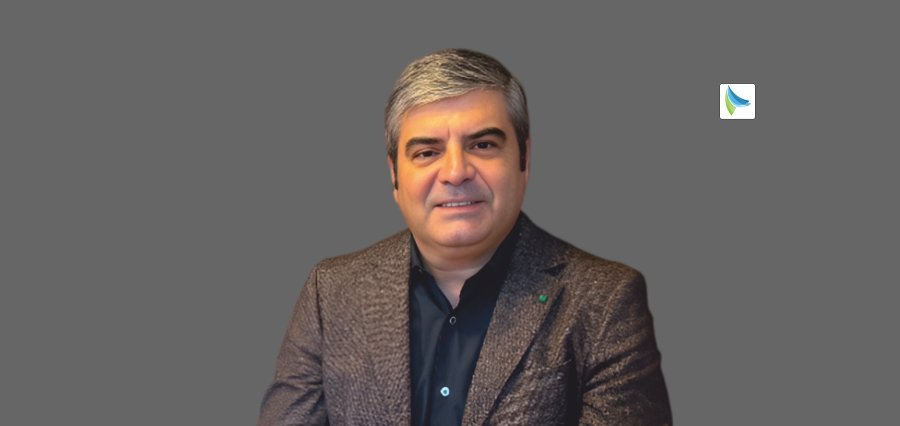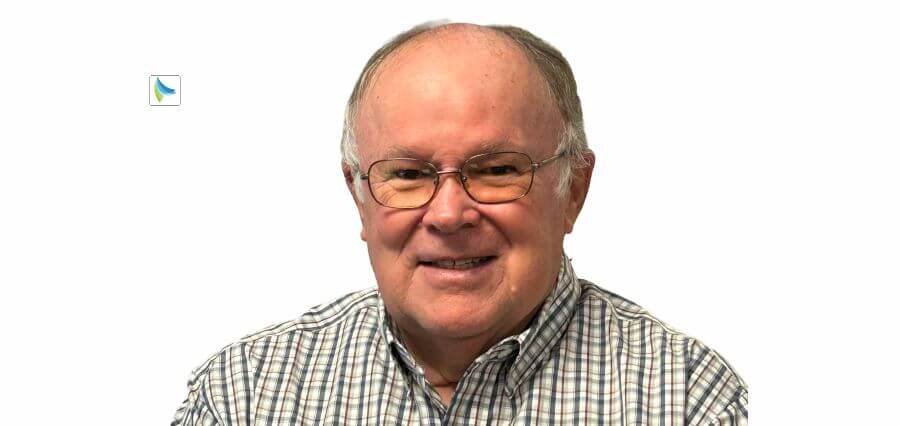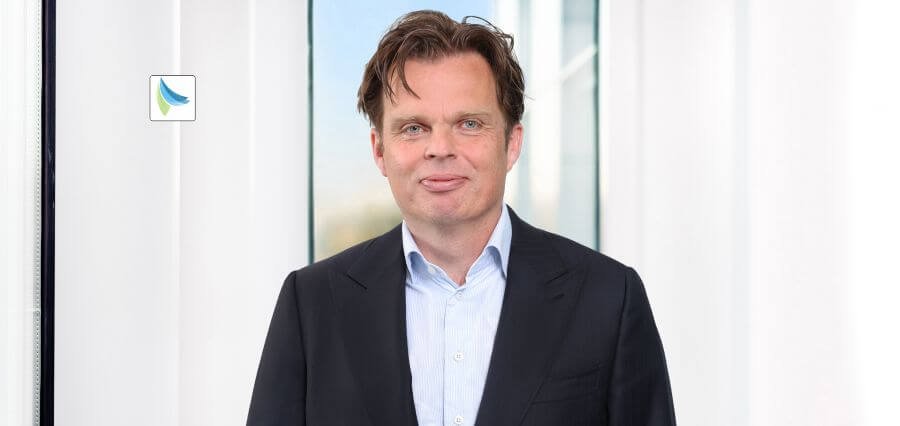For more than half a century, Richard Larson has been a guiding force at MIT, lending his expertise, passion, and forward-looking vision to some of the Institute’s most impactful academic initiatives. Now, his dedication has taken on a permanent form with the establishment of a new endowed faculty chair — the Distinguished Professorship in Data, Systems, and Society. This gift, announced by the MIT Institute for Data, Systems, and Society (IDSS), reflects Richard’s enduring belief in the transformative power of interdisciplinary thinking and problem-solving. More than just a financial endowment, the professorship is a gesture of intellectual continuity, aiming to empower future faculty leaders who operate at the convergence of data, systems, and societal impact.
The inaugural holder of this prestigious professorship is Sasha Rakhlin, an acclaimed scholar and professor at IDSS and the Department of Brain and Cognitive Sciences. Rakhlin’s research spans machine learning, online prediction, and statistical theory — areas that precisely embody the ethos of the IDSS. By supporting Rakhlin and future faculty members, Richard’s gift ensures that MIT remains a fertile ground for interdisciplinary discovery, innovation, and mentorship. This endowed chair not only commemorates Richard’s multifaceted career at MIT but also projects his values into the Institute’s future.
Richard, who has been affectionately called an “MIT lifer,” sees this professorship as an extension of his own academic journey. Having served in five different MIT departments over the decades, he found a lasting intellectual home in IDSS, an entity that harmoniously aligns with his interests in operations research, public systems, education, and policy. With this gift, Richard aims to preserve and propagate the interdepartmental and interdisciplinary approach that has defined his career and character.
Honoring a Multi-Disciplinary Academic Journey
The creation of the Distinguished Professorship in Data, Systems, and Society is not merely the act of philanthropic giving. According to Richard Larson, it is an embodiment of the ideas and principles that have driven his academic life. As he reflects on his decades at MIT, Richard acknowledges how the Institute not only tolerated but encouraged his several mid-career transitions — allowing him to shift his academic focus and explore emerging disciplines. Starting in what was then known as Electrical Engineering in the 1960s, Richard evolved with the times and ended his formal tenure in IDSS, a program tailor-made for someone whose career has intersected engineering, public systems, operations research, and education policy.
Richard remarks that the three words — data, systems, society — capture the essence of his professional mission. Through his professorship, he hopes these words will continue to energize future scholars, inspiring them to conduct impactful research, deliver high-quality teaching, and engage meaningfully with society’s pressing challenges. Whether working on queueing theory or disaster planning, modeling energy consumption or developing online learning platforms, Richard has consistently applied a systems-thinking lens to real-world problems. This legacy is now institutionalized through a professorship that encourages the same kind of integrative academic pursuit.
In keeping with his lifelong devotion to applied knowledge and education, Richard’s most recent book, Model Thinking for Everyday Life, bridges theory and practice by demonstrating how models can help people make smarter decisions in daily contexts. His other influential projects, like MIT BLOSSOMS (Blended Learning Open Source Science or Math Studies), reflect his unyielding commitment to spreading STEM education globally. The endowed professorship thus adds a new chapter to his story — one where the next generation can build upon his values and contributions.
Supporting Future Generations of Thinkers and Leaders
Appointed as the first holder of the newly created chair, Professor Sasha Rakhlin exemplifies the kind of scholar Richard hoped to support. A leader in machine learning and computational statistics, Rakhlin has pioneered tools for online prediction — a method of sequential learning with implications for real-time decision-making and adaptive systems. His research, grounded in theory yet resonant with practical applications, is precisely the kind of work that thrives in IDSS’s interdisciplinary ecosystem.
Fotini Christia, Director of IDSS and the Ford International Professor of Political Science, sees Richard’s gift as both a tribute and a beacon. Richard has been making an impact at MIT for over half a century,” she notes. “This gift extends his already considerable legacy and ensures his impact will continue to be felt for many years to come.” Christia’s words underline the profound influence Richard has had, not just through his scholarship but through his vision for institutional excellence and renewal.
The significance of the professorship also extends beyond IDSS. Michale Fee, head of the Department of Brain and Cognitive Sciences, praised Rakhlin’s work for bridging disciplines and uniting diverse areas of inquiry. “Sasha’s analysis of neural network complexity, and his work developing tools for online prediction, are perfect examples of research which builds bridges across disciplines,” he said. Such cross-pollination is central to both IDSS and Richard’s academic philosophy. Rakhlin, in accepting the honor, expressed gratitude and humility: “Professor Richard’s commitment to education and service to MIT both serve as models to follow,” he said.
Data, Systems, Society: More Than Just Words
To Richard, data, systems, and society is not just the name of an institute — it’s a philosophy of academic purpose. His own contributions to urban service systems, including emergency response modeling, pandemic planning, and workforce logistics, serve as foundational examples of this approach. From designing smarter cities to transforming how students learn globally, his work embodies a dedication to societal betterment via systemic thinking.
This new professorship ensures that these ideas remain front and center at MIT. By funding a senior faculty position in IDSS, Richard is investing not only in academic talent but in the continuation of interdisciplinary dialogue that is essential in today’s complex, data-rich world. At a time when the boundaries between disciplines are increasingly blurred, this chair stands as a symbol of convergence — uniting engineering, policy, computation, and social science.
Richard’s endowment also reflects a broader trend in higher education where faculty support is critical for attracting and retaining top academic talent. Such endowed chairs are key mechanisms through which universities sustain excellence in research, teaching, and service. By tying this gift to the principles that shaped his own career, Richard is providing MIT with both the resources and the roadmap to navigate future challenges.
A Legacy of Mentorship and Impact
Throughout his tenure, Richard has served as a mentor to countless students and faculty members. His career is marked not only by intellectual achievements but by the relationships he has cultivated and the communities he has built. His gift is an extension of this mentoring spirit — a way of continuing to guide the Institute even after formal retirement.
This commitment is not limited to academic circles. Richard’s outreach through initiatives like MIT BLOSSOMS shows his belief that high-quality education should not be the privilege of a few but the right of all. His involvement in educational innovation, combined with his systems thinking in policy and planning, reflects a rare blend of vision and pragmatism.
By endowing a professorship, Richard is not only honoring his journey but also enabling others to forge their own. His hope is that the professors who hold this chair will challenge assumptions, inspire students, and contribute solutions that matter — just as he has done throughout his time at MIT.
Sustaining the Interdisciplinary Mission
The selection of Sasha Rakhlin as the first recipient of the Distinguished Professorship in Data, Systems, and Society is a fitting tribute to Richard’s ideals. Rakhlin’s pioneering research in machine learning and his commitment to teaching and collaboration represent the very future Richard envisions. It’s a future where the convergence of data science, systems theory, and societal application isn’t just encouraged — it’s expected.
This professorship formalizes what Richard has always believed: that the best academic environments are those that allow for intellectual evolution, cross-departmental collaboration, and a commitment to real-world impact. The interdisciplinary nature of IDSS is no accident; it is, in many ways, the culmination of Richard’s academic philosophy.
MIT, through this gift, receives not just a monetary contribution but a living legacy — a permanent reminder that academic growth and social responsibility are not mutually exclusive. Richard Larson’s vision now has a tangible vessel to carry it forward.
A Chair for the Future
With the establishment of the Distinguished Professorship in Data, Systems, and Society, Richard Larson has not only marked the end of an extraordinary academic career but also set the stage for a new generation of interdisciplinary thinkers. His gift embodies the values of innovation, education, and societal impact — principles that have defined his legacy at MIT and beyond.
As MIT continues to push the boundaries of what’s possible through data-driven research, systems engineering, and societal understanding, Richard’s endowment ensures that those efforts will be supported, nurtured, and elevated. The professorship is more than a title; it is a call to action — a challenge to future scholars to think broadly, act ethically, and solve problems that matter.
Richard Larson has always believed that ideas should serve people. Through this gift, that belief will echo through MIT’s halls for generations to come.
Read Also: Legacy of Logic and Innovation: Honoring Dr. Queue – Richard C. Larson














